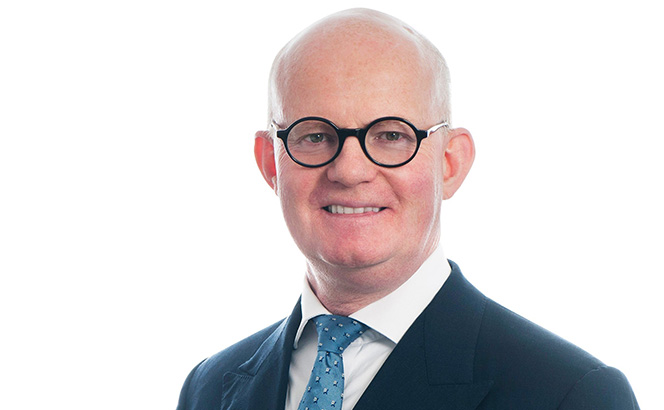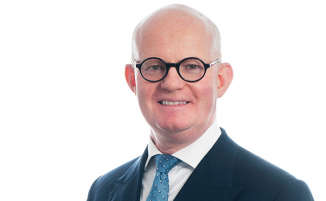King & Spalding has hired Sir Max Hill KC (pictured) into its London office. Hill served as director of public prosecutions for England and Wales from November 2018 to October 2023. A barrister since 1987, he took silk in 2008 and was knighted after leaving the Crown Prosecution Service (CPS) in January 2024.
Hill’s addition brings the number of KCs in the firm’s London office to four, alongside disputes partner Ruth Byrne KC, arbitration partner John Savage KC, and office managing partner Tom Sprange KC.
Hill’s experience ranges from prosecuting the 7/7 bombings to acting for the lead Citibank defendant in the joint Serious Fraud Office-Department of Justice Forex investigation. He joins the firm’s special matters and government investigations practice in what he described as a ‘hybrid role’ as senior consultant and senior counsel.
‘The benefit of having a consultant/counsel role is that some of the work I’ll be doing won’t culminate in formal proceedings, still less an appearance in court’, he told Legal Business. ‘A platform like King & Spalding offers greater opportunity to provide support to clients outside of formal proceedings than did membership in a barristers’ set.’
The hire is a notable example of a UK lawyer moving from work at a public body back to private practice. Such moves are not unheard of: Hill’s predecessor as DPP, Dame Alison Saunders, joined Linklaters as a partner in 2019, while Sir David Green KC, director at the Serious Fraud Office from 2012 to 2018, moved to Slaughter and May as a senior consultant when his term ended, and is now a partner in Cohen & Gresser’s London office.
‘What attracted me to King & Spalding was its willingness to take in people like me, who come from public service back into private practice, which is a relatively unusual path in UK legal careers, but a much more common one in the US.’ For Hill, experience on the government side allows practitioners to better advise clients on how to avoid breaches of compliance before they happen.
He also pointed to an increase in regulators’ use of both civil and criminal proceedings: ‘Where before we might have seen criminal litigation on one side and civil on the other, we’re now seeing the two fuse.’ In a statement, Sprange made a similar point: ‘The ever-increasing convergence of the civil, criminal and regulatory strands of the law demands sophisticated and holistic solutions, and Max can address all.’
And the regulatory tide is rising: while US regulators have been ‘more aggressive’, Hill noted that UK agencies were increasing their activities too, with the Economic Crime and Transparency Act’s creation of a new offence of corporate failure to prevent economic crimes one particular area of expansion. At the same time, regulators increasingly operate across national and jurisdictional boundaries.
In this context, Hill argued that his hire was part of a shift in approach on King & Spalding’s part – a move to a more expansive understanding of investigations, informed by the firm’s experience in the US market. ‘The US term for that is “special matters”’, he said. ‘It’s less well understood in the UK, but it’s already used in the firm’s London office, and the development of the practice in London is an attempt to achieve in the London market the same ends as the firm has in the US.’












